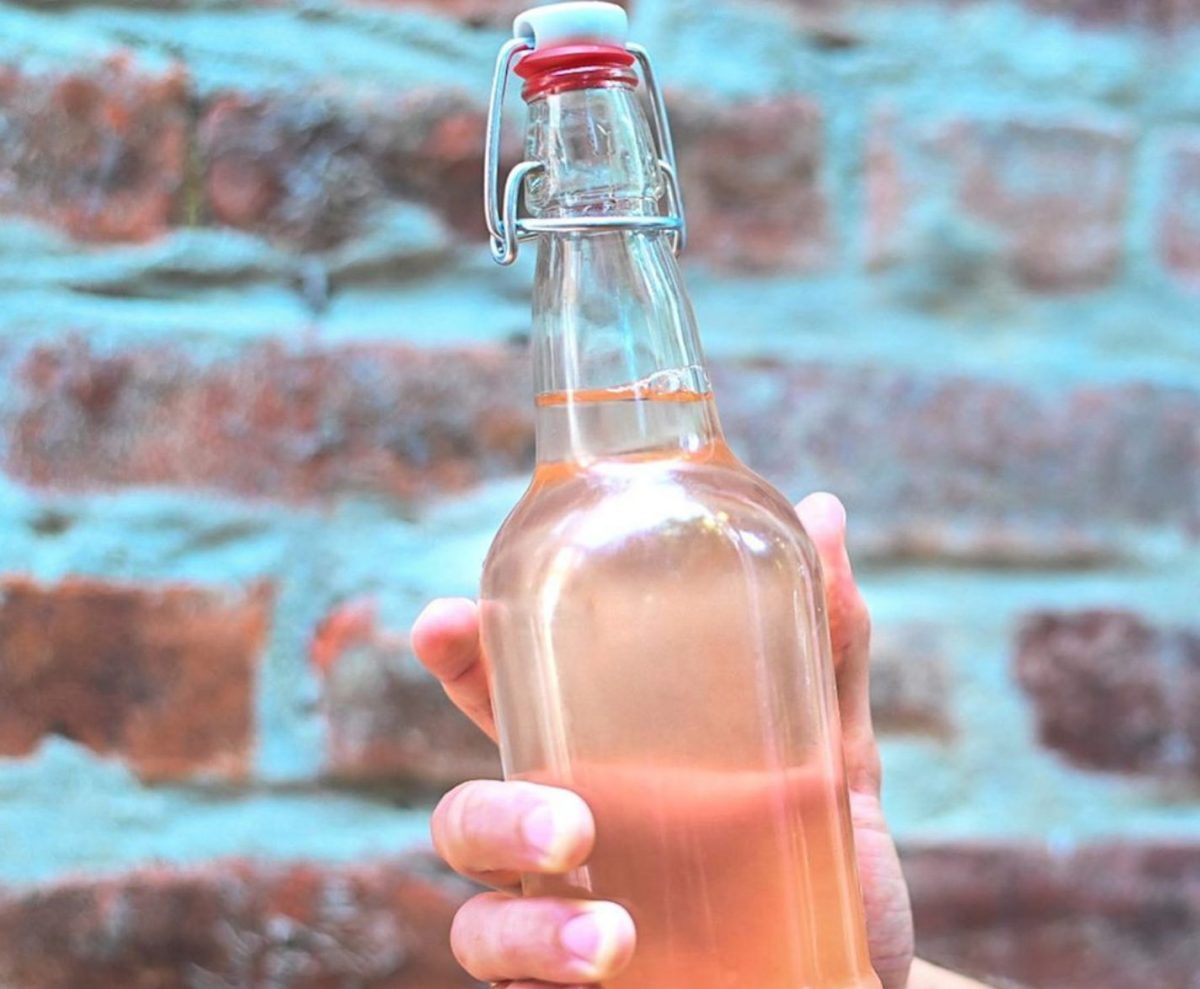A brand-new craft seltzer business is coming to Richmond. Richmond Seltzer Co. plans to exclusively create new seltzers, bringing in local ingredients and flavors that aren’t in your usual White Claw. We’ve all heard of breweries, wineries, cideries, and even...



